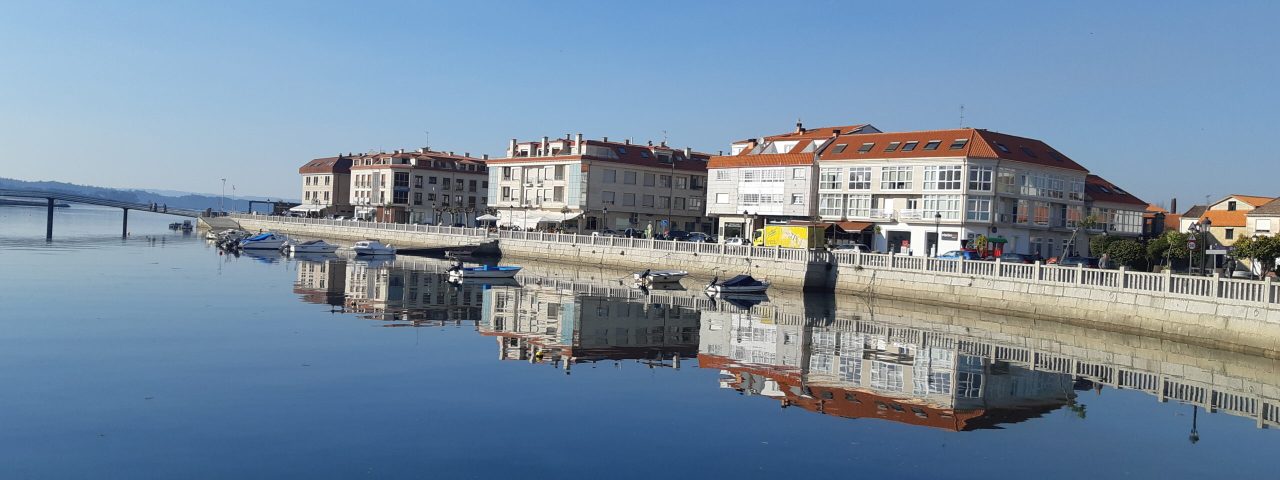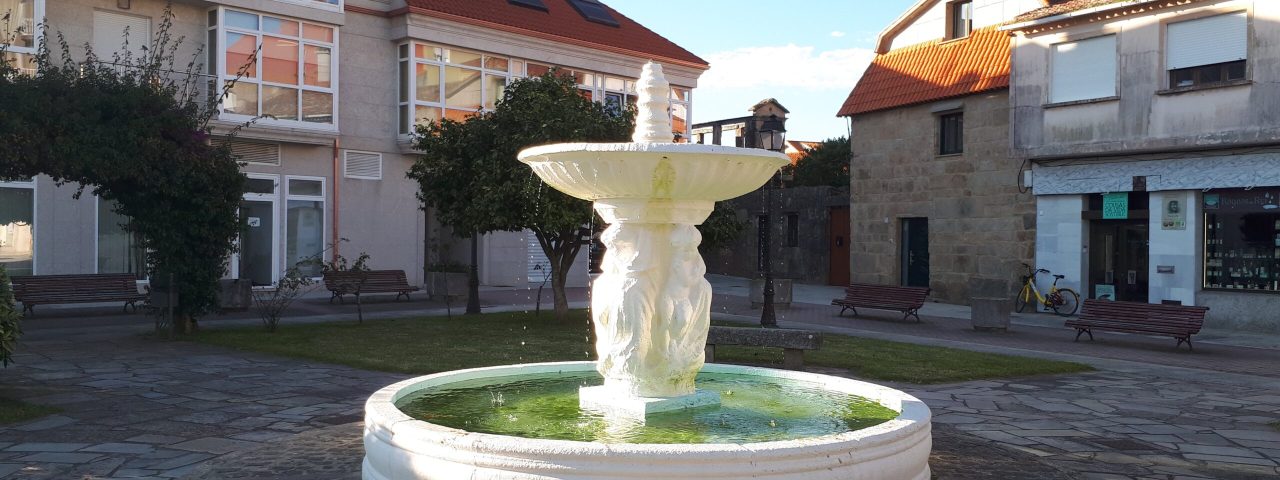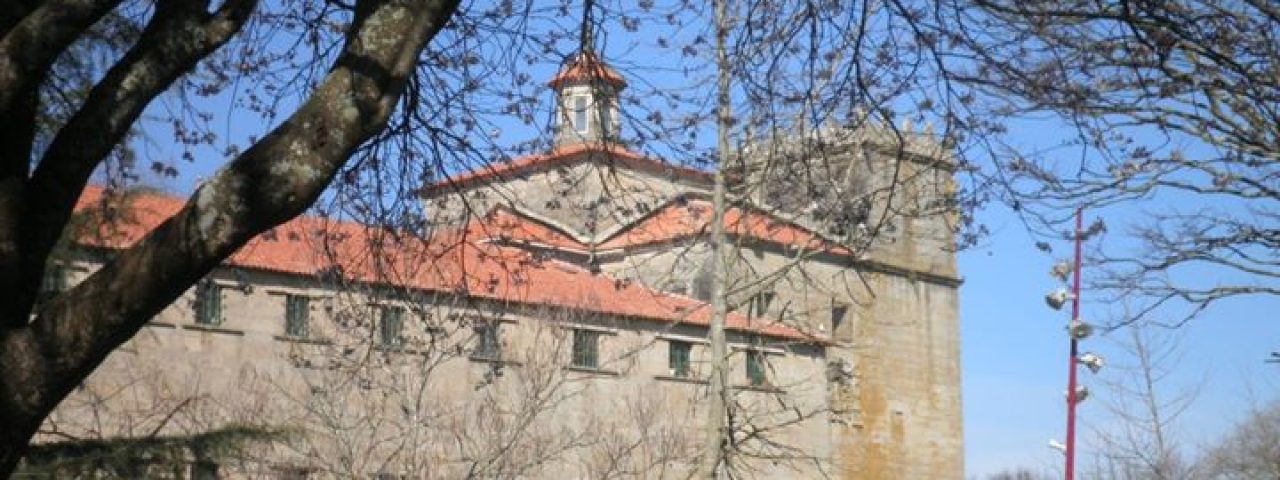Villanueva de Arosa has a rich history that is deeply intertwined with the sea and the region’s fishing traditions. The town’s development has been shaped by its strategic location along the coast, making it a significant fishing port throughout the centuries. While it may not have the grand historical events of larger cities, Villanueva de Arosa has been influenced by both Roman and Christian civilizations, and its local culture retains many of the traditions rooted in these times.
Culturally, the town is famous for its connection to the sea. Fishing and seafood have long been integral to the way of life here, and this is celebrated annually with the “Festa do Marisco” (Seafood Festival), which attracts visitors from across the region to enjoy freshly caught shellfish. The town also has a vibrant tradition of Galician music and dance, with local folk festivals often featuring traditional bagpipes, known as “gaitas,” and energetic performances of “muñeira” dances. Religious processions, particularly around Easter and on feast days such as San Bartolomé, are also significant to the local culture.
Historical landmarks include churches like the Church of San Bartolomé and traditional “pazos,” or Galician manor houses, scattered around the town and surrounding areas.



